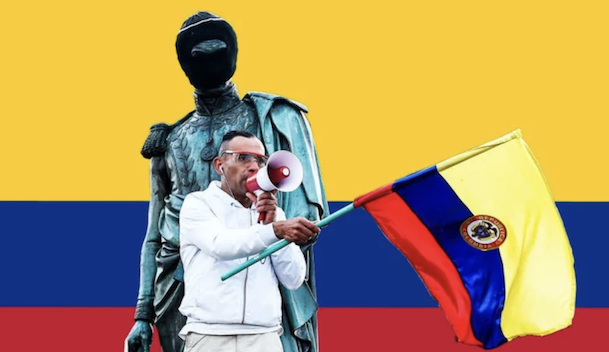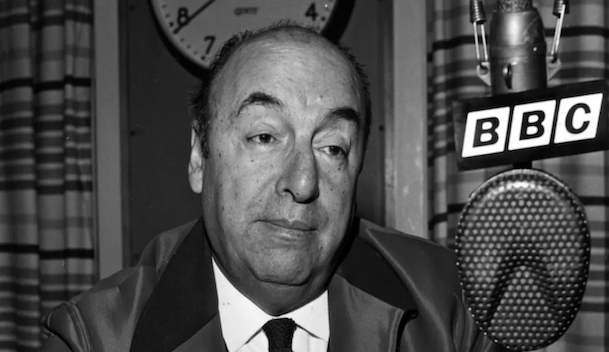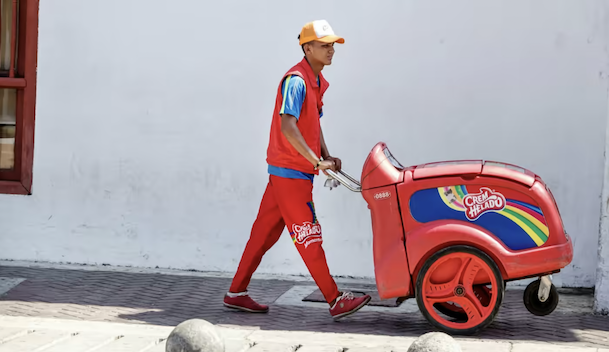Colombia: why peace remains elusive five years after Farc deal

Gunshots reported outside Haitian parliament as political crisis deepens
15 Sep 2021
US lawyer who battled Chevron in Ecuador sentenced for contempt
01 Oct 2021
Hundreds of community leaders have been assassinated amid fighting involving dissident guerrillas, rightwing paramilitaries and other groups
Gideon Long in Bogotá
It was one of the most memorable days in Colombia’s recent history. As a glorious Caribbean afternoon melted into twilight on September 26, 2016, five small planes swooped over the historic port of Cartagena trailing plumes of red, blue, yellow and white smoke in their wake — the colours of the national flag and the colour of peace.
In the streets below, people dressed in white waved white handkerchiefs as president Juan Manuel Santos and Rodrigo Londoño, better known by his nom-de-guerre Timochenko, signed an agreement to bring Latin America’s longest and bloodiest civil conflict to an end.
The men used a pen made from a bullet to put their names to the document. “From now on our only weapons will be words,” cried Timochenko, the final commander of the Revolutionary Armed Forces of Colombia, the Farc. “The war is over!”
Five years on, however, many of the hopes of that day have yet to be fulfilled. Colombia’s war with the Farc is indeed over but the fighting continues — against other Marxist guerrillas, dissident former members of the Farc, organised crime groups, drug traffickers and the remnants of rightwing paramilitaries.




